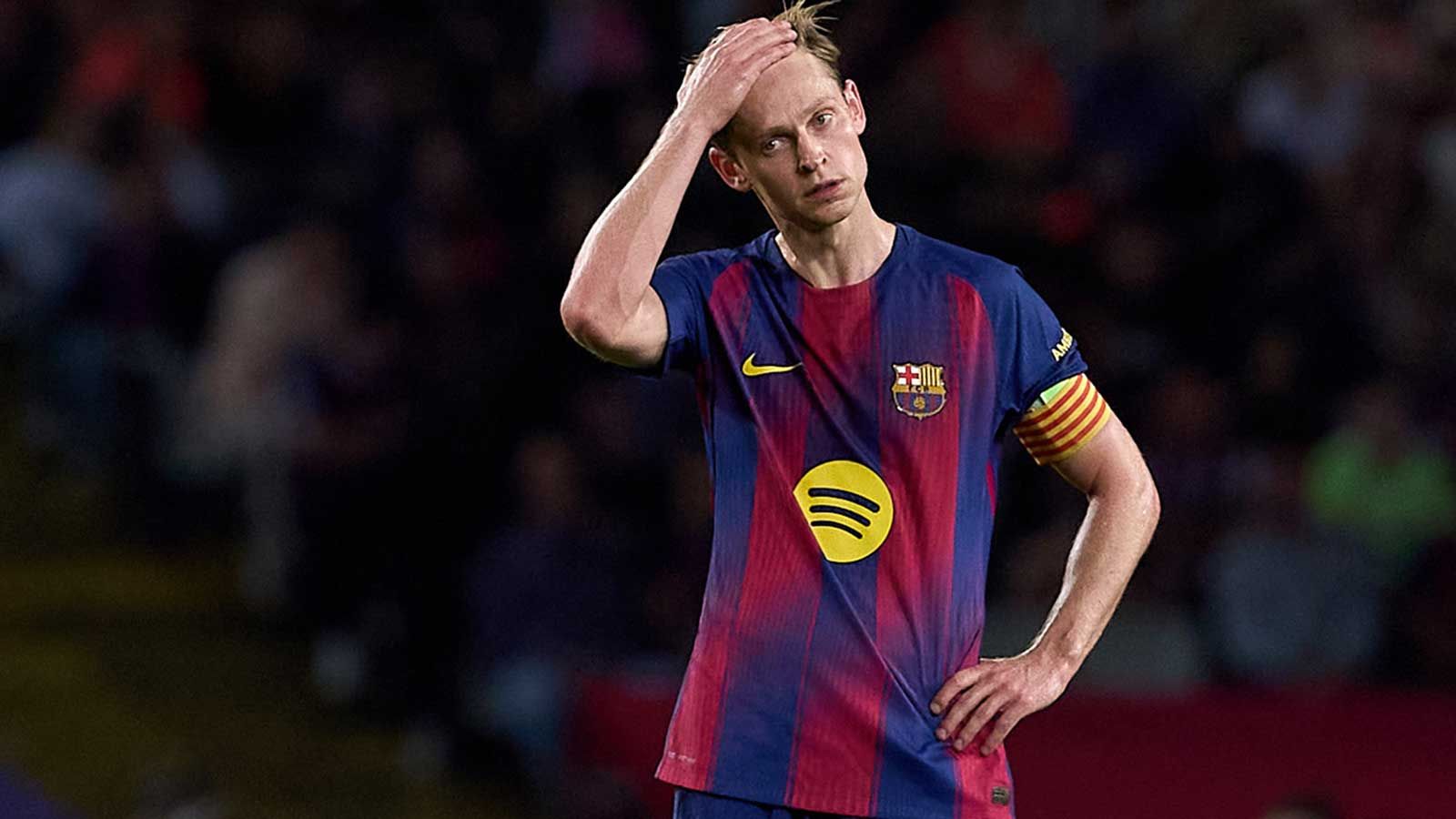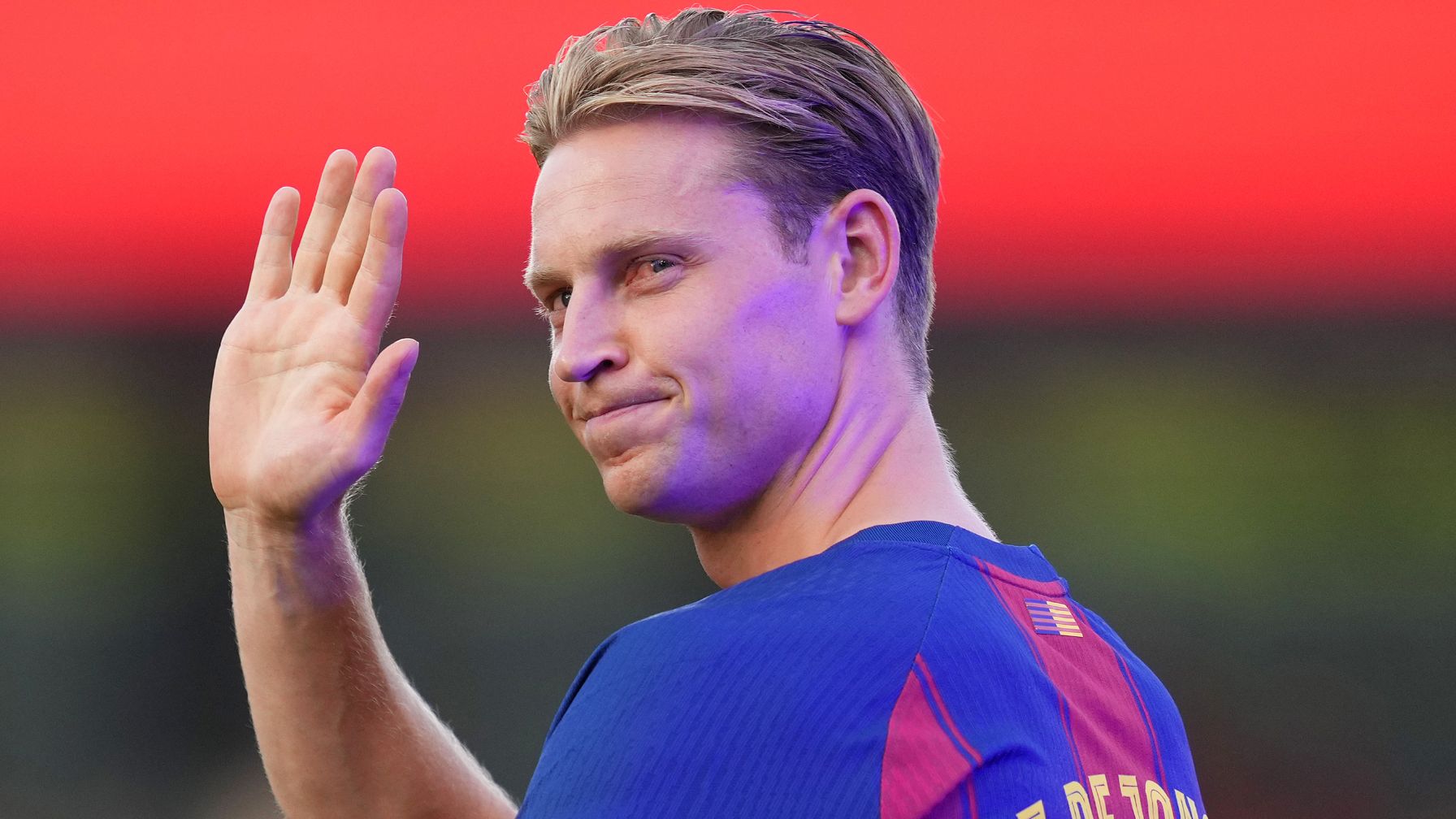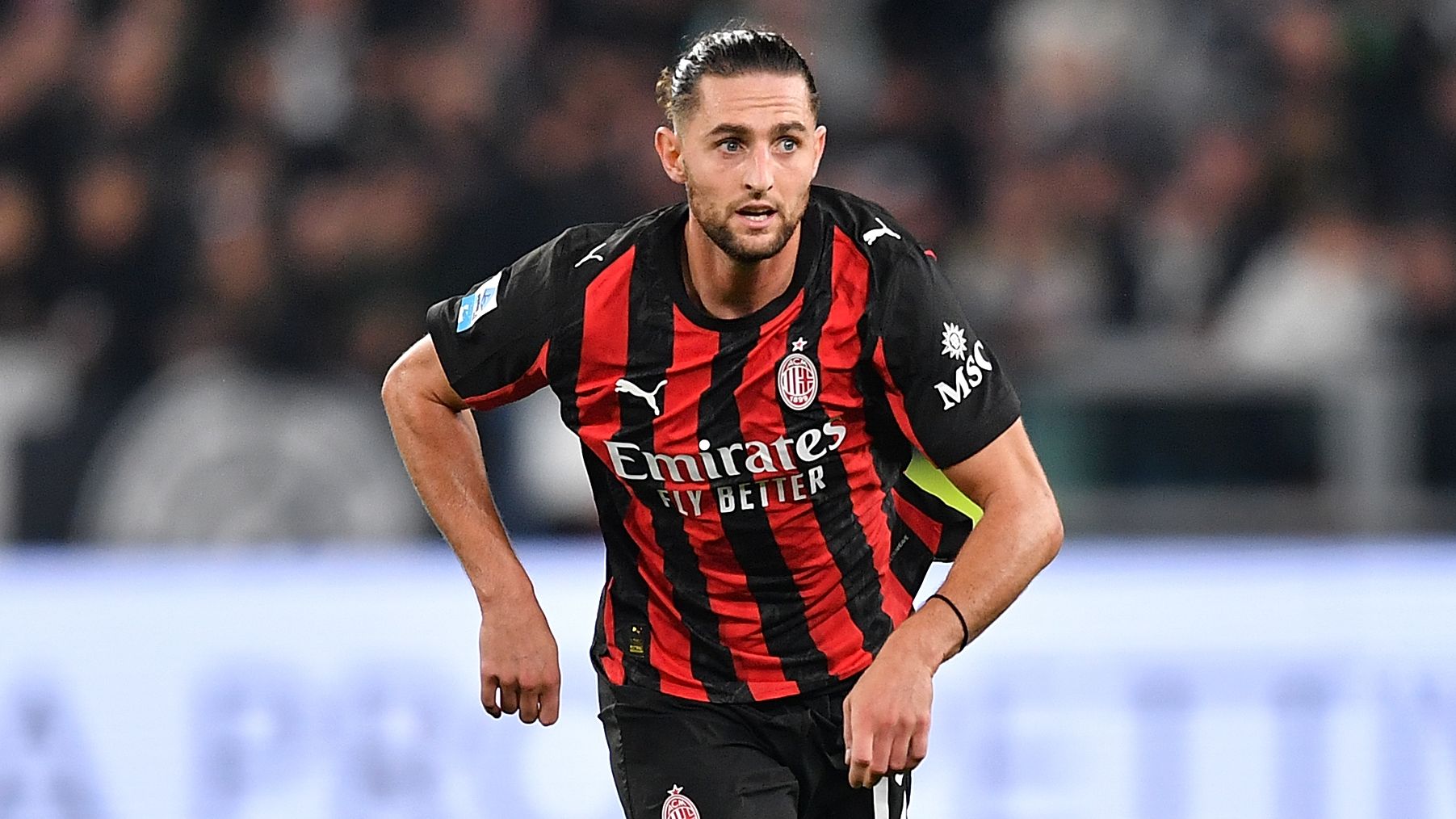Frenkie de Jong and Ronald Koeman Voice Out Against Overseas Football Fixtures
Frenkie de Jong and former Barcelona coach Ronald Koeman have openly criticized the decision to host key league games abroad, highlighting concerns over fairness and player well-being in the evolving world of international football.
European football’s governing body, UEFA, has authorized the Spanish and Italian leagues to hold domestic matches overseas for this season, including a high-profile encounter between Barcelona and Villarreal set for Miami, Florida, alongside an AC Milan versus Como clash in Australia. This bold initiative aims to broaden the sport’s worldwide appeal, yet it has ignited significant backlash from players and coaches alike, with sentiments echoed by figures such as Milan player Adrien Rabiot and now Barcelona’s key player.
Frenkie de Jong’s Concerns Over the Miami Fixture
In sharing his views, Barcelona’s central midfielder Frenkie de Jong has made it clear that he opposes the relocation of league games, stating: “I’m not in favor of making that trip, and it’s something I can’t support. This setup disrupts the equity of the league and puts undue strain on athletes due to the extended journey.”
The Impact on Clubs and Global Expansion
For teams, the primary motivation appears to be increasing their international footprint and market presence, which is likely the driving force behind these arrangements. Players frequently voice frustrations regarding overcrowded calendars and unnecessary long-distance travel, and De Jong elaborated: “Teams stand to gain financially from these events, but personally, I object to conducting a domestic match in a place like Miami. It’s understandable that many teams share this view.”
Ronald Koeman’s Critique of Match Fairness
Why the Miami Game Favors One Side
The current Netherlands manager and ex-Barcelona defender, Ronald Koeman, has also condemned the overseas match concept, pointing out potential imbalances for Villarreal. He argued that, despite it being Villarreal’s official home fixture, the location could skew the atmosphere in Barcelona’s favor due to a probable dominance of their supporters.
“This whole idea lacks logic,” Koeman remarked. “It’s utterly absurd. De Jong’s points are spot-on-it’s unjust. Typically, Villarreal-Barcelona is a tough outing for Barcelona on enemy turf, but shifting it to neutral territory changes everything, especially with a crowd tilted towards Barcelona fans. That doesn’t sit right at all.”
Balancing Global Growth with Athlete Protection
The Future of Football’s Expansion Efforts
Outfits such as Barcelona and AC Milan, with their vast global followings, might leverage these events to enhance their worldwide influence and commercial worth. Nonetheless, top athletes are advocating for organizations to prioritize a harmony between pursuing business opportunities and safeguarding the health and interests of those on the field moving forward.



Background on the Controversy
In the world of football, player decisions and coach opinions often make headlines, especially when they involve high-profile figures like Frenkie de Jong and Ronald Koeman. The proposed Miami match, rumored to be part of a lucrative exhibition or potential transfer deal, has sparked significant debate. Frenkie de Jong, the talented Dutch midfielder currently with Barcelona, has been at the center of this storm, firmly rejecting any involvement. This rejection comes amid growing speculation about football transfers and international friendlies, highlighting the pressures players face in the modern game.
Frenkie de Jong’s decision underscores the importance of personal choice in an era where football careers are increasingly influenced by global opportunities. Meanwhile, former Barcelona coach Ronald Koeman has publicly labeled the idea as “ridiculous,” adding fuel to the fire and drawing attention to how such proposals can disrupt team dynamics and player focus.
Frenkie de Jong’s Stance
Frenkie de Jong’s rejection of the proposed Miami match is a bold statement on player autonomy in football. As a key Barcelona player known for his exceptional vision and control on the pitch, de Jong has emphasized his commitment to his current club and national team duties. In recent interviews, he has expressed that such distractions could harm his performance and long-term career goals.
This stance is particularly relevant in today’s football landscape, where players like de Jong often navigate complex transfer rumors and exhibition match invitations. For instance, de Jong’s rejection highlights the need for athletes to prioritize mental health and professional stability over short-term financial gains, a trend that’s becoming more common as players gain more voice in their careers.
Ronald Koeman’s Denouncement
Ronald Koeman, who previously coached Barcelona and the Netherlands national team, has been vocal in his criticism of the proposed Miami match. Calling it “ridiculous,” Koeman argues that such events undermine the integrity of competitive football and distract from essential club commitments. His comments reflect a broader concern among former coaches about how globalization in football can lead to unnecessary player fatigue and divided loyalties.
Koeman’s perspective is informed by his extensive experience, having managed top-tier teams and dealt with high-profile players. His denouncement serves as a reminder of the potential risks involved in these kinds of proposals, such as injury risks during non-essential games or the erosion of team cohesion.
The Wider Implications for Football
The backlash from Frenkie de Jong and Ronald Koeman sheds light on larger issues in football, including the balance between commercial interests and player welfare. With the rise of leagues like Major League Soccer (MLS) in the US, matches involving teams from Europe and America are becoming more frequent, but they often raise questions about their value.
This incident illustrates how football transfer decisions and exhibition matches can impact the global community, from fans to federations. For example, rejecting such offers can help maintain the competitive edge of elite leagues like La Liga, where Barcelona competes, ensuring that players remain focused on meaningful competitions.
Benefits of Standing Firm in Football Decisions
Standing firm against questionable proposals, as de Jong has done, offers several benefits for players and teams. First, it preserves mental focus, allowing athletes to concentrate on training and matches without the added stress of negotiations. Second, it builds a positive public image, portraying players as dedicated professionals rather than mercenaries chasing money.
Additionally, such decisions can strengthen team morale, as seen in cases where unified stances lead to better on-field chemistry. For clubs like Barcelona, encouraging players to reject distractions can ultimately enhance their performance in key tournaments, benefiting the entire organization.
Practical Tips for Athletes Navigating Similar Situations
If you’re an athlete dealing with similar pressures, here are some practical tips to handle proposals effectively:
- Evaluate long-term goals: Always ask how a decision aligns with your career aspirations. For de Jong, staying with Barcelona supports his development in a top European league.
- Seek advice from mentors: Consult coaches or agents, like how Koeman might advise based on his experience, to gain perspective on potential pitfalls.
- Prioritize physical health: Avoid matches that could lead to overexertion; regular rest is crucial for peak performance.
- Communicate openly: Use media statements to clarify your position, helping manage public perception and reduce misinformation.
- Build a support network: Surround yourself with trusted advisors who can help negotiate or decline offers without burning bridges.
These tips can empower players to make informed choices, much like de Jong’s approach, fostering a more sustainable football career.
Case Studies from Football History
Looking at past incidents provides valuable insights into situations like de Jong’s rejection. For instance, when Cristiano Ronaldo considered moves away from Real Madrid, he ultimately stayed focused on his club, leading to multiple Champions League wins. This case study shows how rejecting distractions can result in long-term success.
Another example is when players like Lionel Messi have turned down exhibition tours to prioritize recovery, demonstrating how such decisions prevent burnout and maintain high performance levels. These historical parallels highlight the positive outcomes of firm stances, reinforcing the strategies de Jong is employing.
First-Hand Experiences in Athlete Decision-Making
Drawing from accounts shared by players and coaches, first-hand experiences often reveal the emotional toll of such decisions. One anonymous midfielder recounted rejecting a high-profile friendly match, similar to de Jong’s situation, and described the relief of avoiding unnecessary media scrutiny. This experience emphasized the importance of personal boundaries in maintaining passion for the game.
Coaches like Koeman have shared in interviews how witnessing players navigate these challenges has shaped their own philosophies, advocating for a balance between ambition and realism. These stories add a human element, showing that while rejections can be tough, they often lead to greater respect and career longevity in football.









